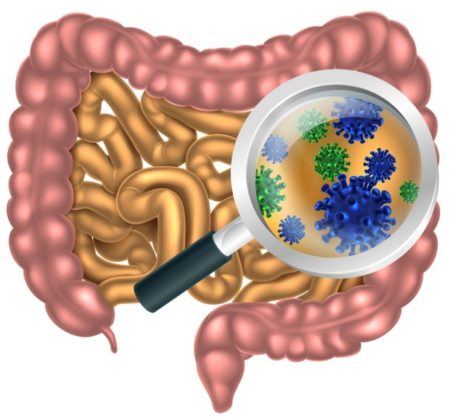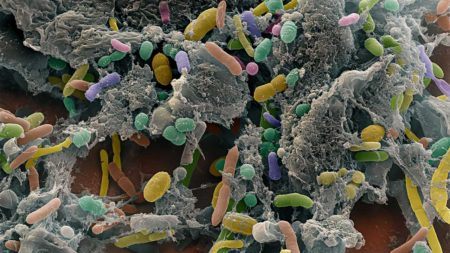The role of gut bacteria on health and diseases
The human g astrointestinal tract contains over 1,000 different types of bacteria. The role of the gut bacteria (microbiota) on health and disease is a subject of extensive research in recent years. As a result, our knowledge and understanding of their impact is rapidly growing.
astrointestinal tract contains over 1,000 different types of bacteria. The role of the gut bacteria (microbiota) on health and disease is a subject of extensive research in recent years. As a result, our knowledge and understanding of their impact is rapidly growing.
The articles “Role of the gut microbiota in health and chronic gastrointestinal disease: understanding a hidden metabolic organ” and “Rapidly expanding knowledge on the role of the gut microbiome in health and disease” discuss the impact of gut microbiota on Irritable bowel syndrome, inflammatory bowel disease, colorectal cancer, obesity and type 2 diabetes.
Prebiotics (nutritional compounds used to promote the growth of beneficial bacteria and thus have the potential to improve GI health, such as non-digestible carbohydrates such as inulin and fructo-oligosaccharides which can selectively promote the growth and activity of beneficial bacteria in the gut) and probiotics (beneficiary cultures to restore the gut microbiota, found in a variety of foods and dietary supplements, and include the strains lactobacilli and bifidobacteria) are becoming increasingly popular. Both are extensively used as food additives.
A study by Researchers from the University of Louisville confirms gut bacteria play a role in the development of neurodegenerative diseases. Neurodegenerative diseases such as Parkinson’s disease, amyotropic lateral sclerosis, and Alzheimer’s disease are characterized by misfolded proteins and inflammation of the brain.
An article in Nature communication describes an in vitro model to study the gastrointestinal human–microbe interface. The model includes co-culture of human and microbial cells under conditions representative of the gastrointestinal human–microbe interface. The ability to co-culture human and microbial cells in a controlled manner and perform systematic investigations of such co-cultures opens up numerous avenues for basic and applied research in the context of the human microbiome in the future.
More accurately explanation of the relationships between the gut microbiota and several intestinal pathologies is needed. Understanding the part that microbial populations play in GI disease is fundamental to the ultimate development of appropriate therapeutic approaches. The concept of altering our gut community by microbial intervention in an effort to improve GI health is currently a topic that is receiving considerable interest. The targeting of specific components of the gut microbiome will potentially allow the removal of the harmful organisms and enrich the beneficial microbes that contribute to our health. Increased knowledge in this area can be used to improve human health.

